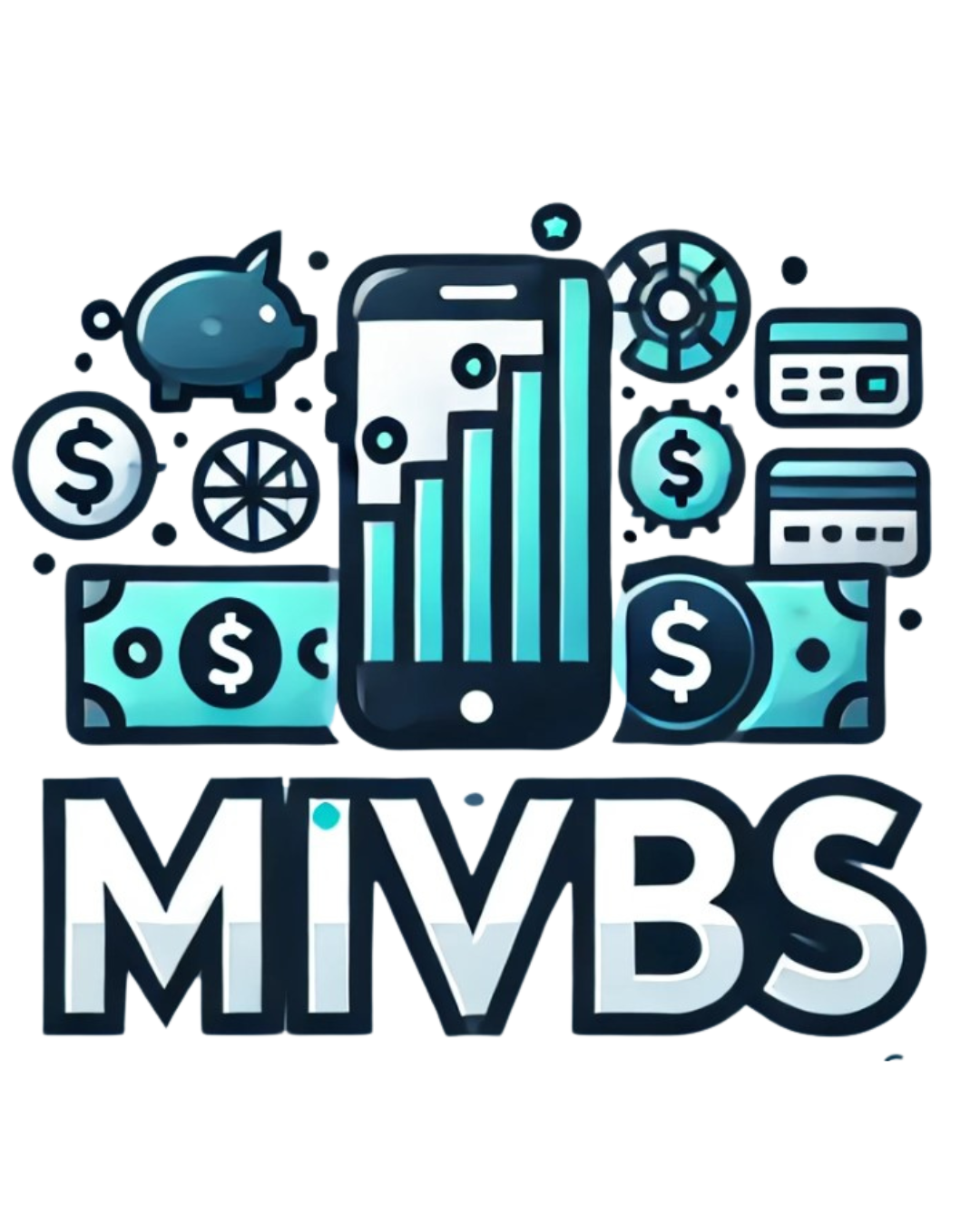Managing credit and debt might not be the most exciting part of personal finance, but it’s definitely one of the most important. Whether you’re juggling student loans, credit card debt, or a mortgage, understanding how to manage these financial obligations can make all the difference in your financial well-being. Over the years, I’ve picked up some tips that have helped me take control of my credit and debt, and I’m excited to share them with you! Here are 7 actionable tips to help you stay on top of your debt while keeping your credit in good shape.
1. Know the difference between good and bad debt
Before you can manage your debt effectively, it’s important to understand the difference between “good” debt and “bad” debt. According to Investopedia, good debt is debt that is used to purchase assets that will likely increase in value, like a mortgage or student loans that lead to a career. Bad debt, on the other hand, typically comes from things that don’t increase in value, such as credit card debt for non-essential purchases.
Once you’ve identified the type of debt you’re dealing with, you can create a strategy to pay off bad debt while still managing your good debt responsibly.
2. Create a budget and stick to it
The best way to manage debt is to prevent it from getting out of control in the first place. Wells Fargo recommends creating a budget that includes your income, essential expenses (like rent and utilities), and any debt payments you need to make. This will help you identify areas where you can cut back on spending to free up more money for debt repayment.
Tracking your spending and making sure you stick to your budget can also help you avoid using credit cards for unnecessary purchases, which can quickly lead to debt accumulation.
3. Pay your bills on time
This may sound simple, but paying your bills on time is one of the most effective ways to manage credit and debt. Ameriprise emphasizes that late payments can lead to late fees, higher interest rates, and even damage to your credit score. To avoid missing payments, consider setting up automatic payments or reminders.
If you ever find yourself in a situation where you’re struggling to pay bills on time, reach out to your creditors. Many companies offer hardship programs that can provide temporary relief or work out more manageable payment terms.
4. Prioritize high-interest debt first
When you have multiple debts, it’s important to focus on paying off high-interest debts first. InCharge suggests using the “debt avalanche” method—paying off the debt with the highest interest rate while making minimum payments on the rest of your debts. This will save you money in the long run, as you’ll pay less in interest overall.
If you feel overwhelmed by multiple high-interest debts, you could also consider consolidating them into a lower-interest loan. This could simplify your debt repayment and make it easier to manage.
5. Avoid taking on more debt
If you’re already struggling with credit card debt or loans, it can be tempting to open a new credit card or take out a personal loan to cover the gap. Coface warns that taking on more debt can make your financial situation worse, especially if you’re unable to manage your current debt load.
Instead, focus on reducing existing debt before considering any additional borrowing. If you absolutely need a loan, make sure you shop around for the best interest rates and terms to avoid putting yourself in an even worse position.
6. Negotiate with creditors for better terms
Sometimes, all it takes to reduce your debt burden is to ask. Coface suggests that you reach out to your creditors and try to negotiate better terms. This could mean requesting a lower interest rate, reducing late fees, or asking for a payment plan that works better with your budget.
You’d be surprised at how often creditors are willing to work with you, especially if you’ve been a reliable customer. If you’re having trouble negotiating, consider enlisting the help of a credit counselor who can assist with negotiating on your behalf.
7. Monitor your credit regularly
Your credit score plays a huge role in your financial life, so keeping an eye on it is crucial. Investopedia highlights the importance of regularly monitoring your credit to ensure there are no errors or fraudulent activity that could negatively impact your score. Many services offer free access to your credit report, and checking it once a year can help you catch any issues early on.
Additionally, improving your credit score can help you secure lower interest rates in the future. You can improve your credit score by paying down debt, reducing your credit utilization ratio, and avoiding late payments.
Conclusion: Take control of your financial future
Managing credit and debt is all about staying informed and being proactive. By understanding the types of debt you have, creating a budget, paying your bills on time, and prioritizing high-interest debt, you can make significant strides toward a healthier financial future. Remember, it’s important to avoid taking on more debt than you can handle, and always be open to negotiating with creditors if necessary. The more you take charge of your credit and debt, the easier it will be to achieve your financial goals and avoid the stress that comes with debt management.
For more tips and information, check out resources from Wells Fargo, InCharge, and Ameriprise. Happy budgeting!
